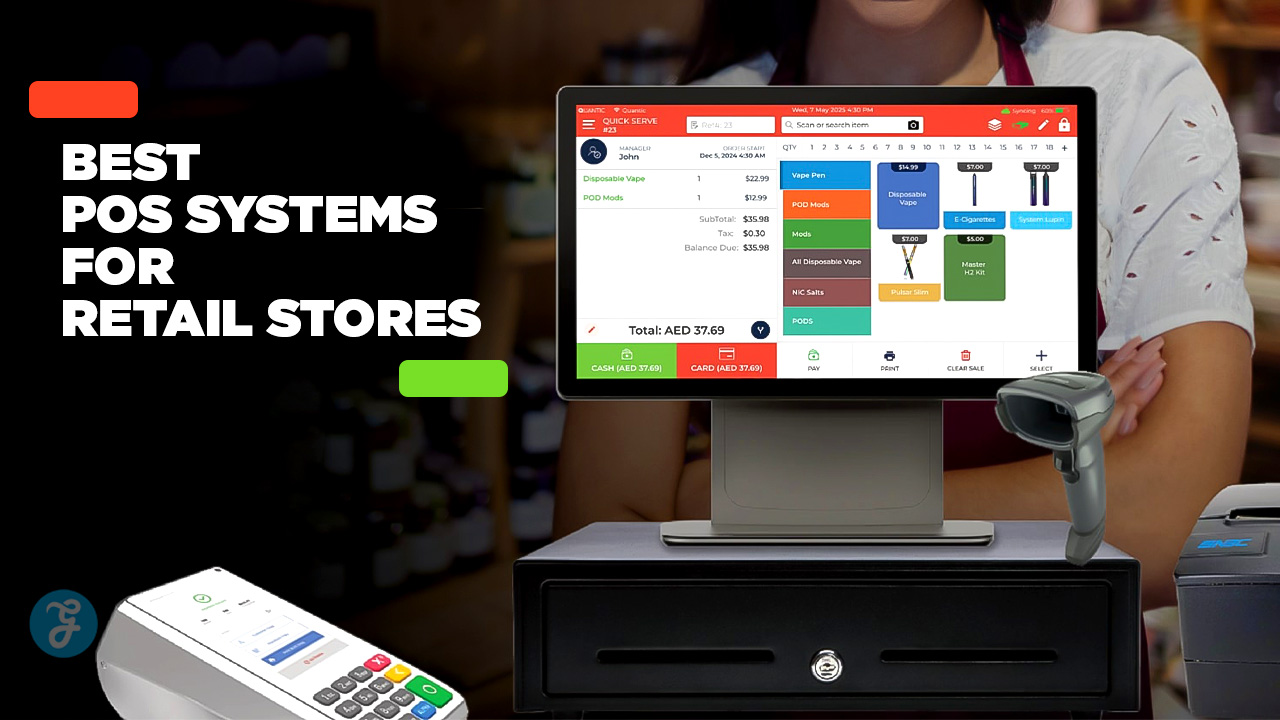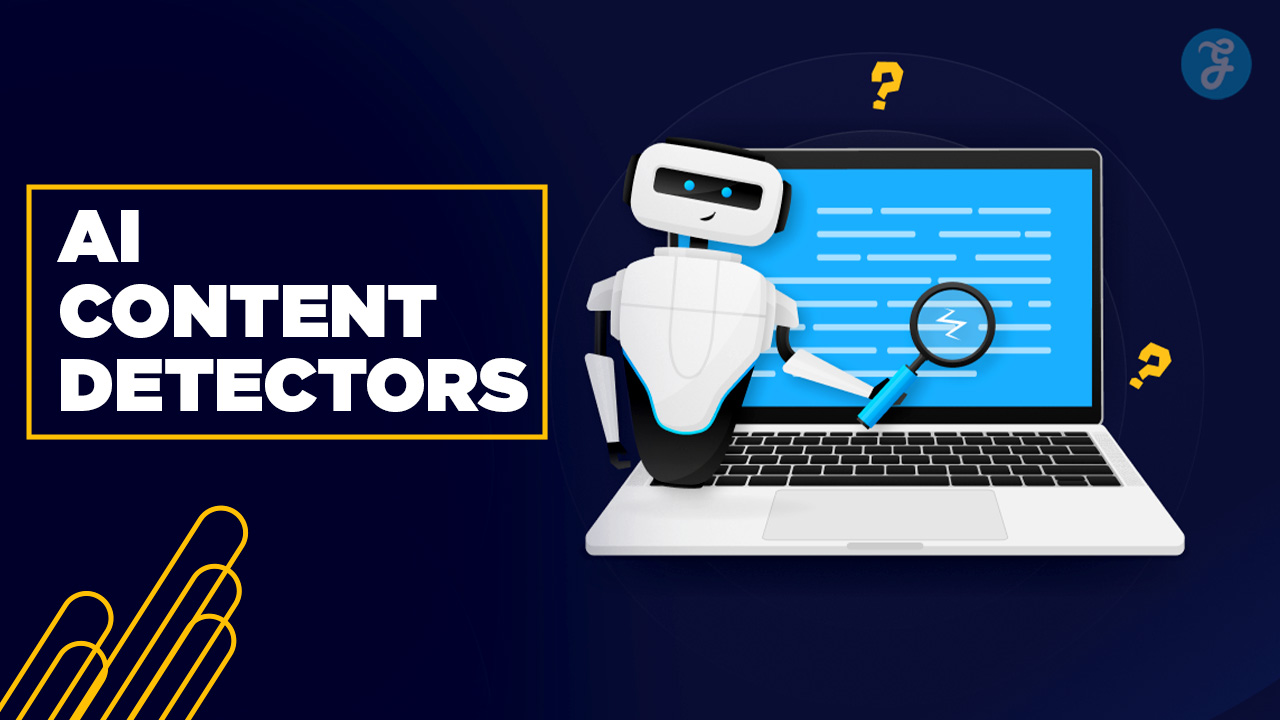In today’s digital-first world, businesses constantly seek ways to streamline operations, reduce costs, and enhance productivity. Cloud computing has emerged as a crucial tool for achieving these goals, and Google Cloud, in particular, offers a suite of robust solutions designed to optimize business performance.
From data storage and analytics to machine learning and collaboration tools, Google Cloud provides scalable and secure options for businesses of all sizes. By leveraging these solutions, companies can focus on innovation while reducing the complexities of IT management. For those looking to dive deeper into the potential of Google Cloud, exploring additional content can offer valuable insights into its advanced capabilities.
Harnessing the Power of Cloud-Based Infrastructure
Google Cloud delivers its main benefit through a robust infrastructure that provides businesses with flexible and reliable operations. Companies benefit from Google Cloud because it allows for a flexible environment to obtain computing capabilities, storage capacity, and networking resources through an on-demand system while avoiding the expenses and ongoing maintenance needs of traditional hardware setups. Businesses no longer need to invest capital upfront because they can pay only for the resources they actively consume.
The worldwide data center infrastructure of Google Cloud enables businesses to maintain high availability and minimal downtime because they need to operate without interruption. Organizations can operate applications alongside websites and store large databases while avoiding problems with their infrastructure. Google Cloud offers defense against cyber threats through its built-in security features, including encryption protocols, identity management systems, and automated compliance monitoring.
Google Cloud allows organizations with varying workload needs to automatically manage their computing resources according to demand through its auto-scaling features. Companies achieve efficient peak traffic management while avoiding unnecessary expenses from paying for unneeded capacity. Companies that optimize their resource distribution will decrease IT expenses substantially while preserving leading performance levels.
Enhancing Collaboration and Productivity
Every thriving business depends on collaboration, and Google Cloud delivers tools that improve teamwork and communication capabilities. Google Workspace delivers Gmail, Google Drive Docs, Sheets, and Meet to enable real-time collaboration between employees situated anywhere. The integrated system allows teams to work effectively together, thus leading to better productivity outcomes.
Implementing cloud-based file storage eliminates employee concerns about version control and document loss. All files stored in Google Drive are protected; users can access them through any device. Users can edit documents with Google Docs and Sheets simultaneously, which helps eliminate lengthy email chains and enhances operational efficiency. Companies that use these tools achieve better efficiency because their staff works on strategic projects instead of administrative work.
Leveraging Data Analytics and Machine Learning
Businesses that wish to remain competitive must base their decisions on data. Google Cloud provides advanced analytics and machine learning tools that transform raw data into valuable insights. Through its service, Google BigQuery companies can perform massive real-time dataset analyses in seconds, which drives more intelligent business decisions.
Organizations can link BigQuery to AI-based analytics tools such as Looker to develop interactive dashboards with significant performance indicators. Decision-makers can use this system to find patterns, improve marketing effectiveness, and enhance customer satisfaction. Businesses that leverage data analytics tools from Google Cloud attain accurate information to replace their reliance on guesswork when making decisions.
Strengthening Security and Compliance
Security has become an ongoing business priority since evolving cyber threats require protecting sensitive data to preserve customer trust. Security is the fundamental design principle of Google Cloud, which implements multiple built-in defense mechanisms to preserve operational business processes. Google Cloud implements end-to-end encryption, multi-factor authentication, and advanced threat detection, which stops unauthorized access and reduces security threats.
According to its zero-trust security model, every device and user needs to authenticate their identity through verification before accessing Google Cloud resources. Protecting sensitive information becomes more secure because these measures decrease the chances of data breaches. Businesses operating in regulated industries can choose Google Cloud because it meets industry standards, including GDPR, HIPAA, and ISO 27001.
Conclusion
The fast-paced business environment demands appropriate technology solutions, which Google Cloud provides through its extensive set of tools for operation optimization, collaborative enhancement, and security assurance. The cloud-based infrastructure allows businesses to decrease their IT expenses while maintaining total scalability.
Google Workspace creates fluid communication networks; advanced analytics and machine learning capabilities generate insights that enable better decision-making. Google Cloud delivers an environment for businesses to operate confidently by focusing on security and compliance measures. Organizations that leverage all capabilities of Google Cloud will achieve market leadership and sustainable growth in their future operations.





































